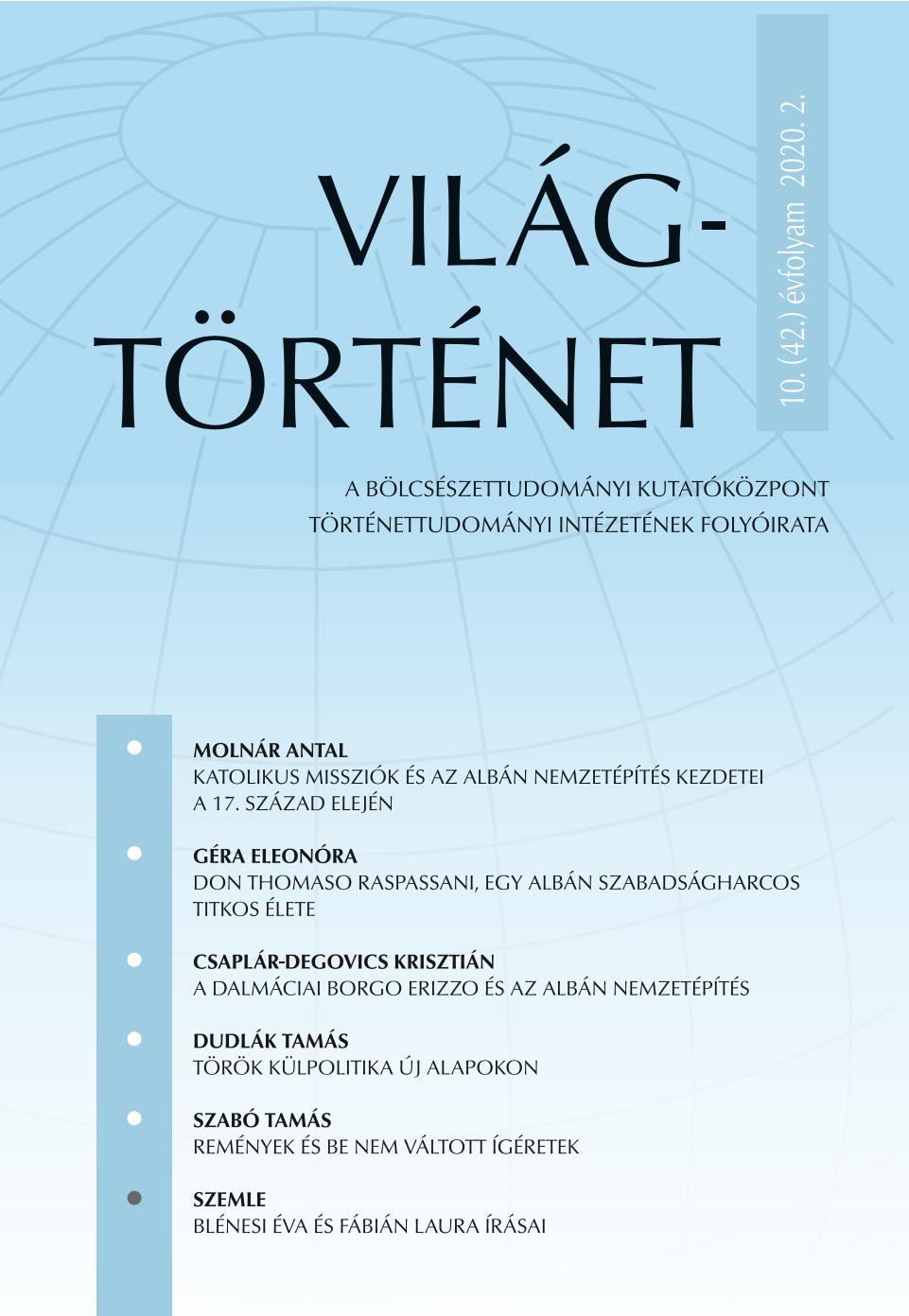1941 az orosz historiográfiában. Értelmezések, ellentmondások, politika
1941 in Russian Historiography: Interpretations, Contradictions, Politics
Author(s): Gábor GyóniSubject(s): WW II and following years (1940 - 1949)
Published by: Magyar Tudományos Akadémia Bölcsészettudományi Kutatóközpont Történettudományi Intézet
Summary/Abstract: This study discusses the evolution of the ’1941 problematiqueʼ in Soviet and Russian historiography, by focusing on the history of the question regarding the level of preparation of the USSR on the eve of the upcoming war against the Nazi Germany. The question is very sensitive and its interpretations often reveal political overtones. The first interpretations, given by politicians (Y. V. Stalin and V. M. Molotov) on the treacherous attack by Germany on the USSR, largely determined subsequent historical narratives. The same happened again in the 1950s, during the ’exposure of the cult of personality of Stalinʼ. However, in the 1960s there appeared several different explanations about the events as there were various interpretations on the causes of the tragedy of 1941. Meanwhile the official historiography was quite critical of Stalin’s activity and the military leadership’s efficiency on the eve of June 22. Military memoirs, which appeared in large numbers in the 1960s, on the contrary, testified the country’s adequate preparation for the war. In the conditions of the Soviet historical discipline’s reality, this ’disputeʼ remained latent, although some convergence can be found in the officially approved history of the Great Patriotic War, whose volumes were published in the Brezhnev era. After the collapse of the Soviet Union in the early 1990s, the re-evaluation of the events of 1941 began. In this spirit, even in the leading Russian historical periodical were expressed opinions, saying that the USSR, allegedly, was preparing an offensive strike against Germany. Current historiography’s interpretation is much closer to the point of view of the Brezhnev era, however, it relies on a far more extensive material than the latter.
Journal: Világtörténet
- Issue Year: 2020
- Issue No: 2
- Page Range: 271-296
- Page Count: 26
- Language: Hungarian

